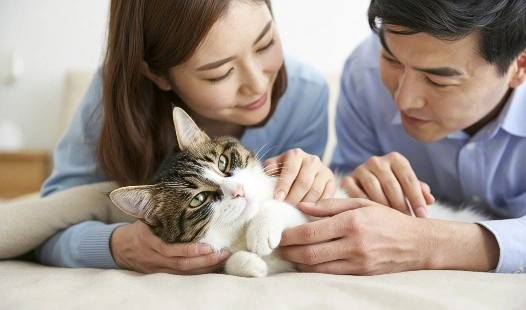Risks of discontinuing GS-441524 prematurely
Incomplete viral suppression
One of the primary risks associated with stopping GS-441524 treatment early is incomplete viral suppression. FIP is caused by a mutated coronavirus, and GS-441524 works by inhibiting viral replication. When treatment is discontinued before the virus is fully suppressed, there's a significant risk that the remaining viral particles will continue to replicate and cause a resurgence of symptoms.
Potential for drug resistance
Another concern with early discontinuation is the potential development of drug resistance. When the virus is exposed to suboptimal levels of GS-441524, it may adapt and become less susceptible to the treatment. This can make future attempts to treat the cat with GS-441524 less effective, potentially limiting treatment options.
Increased risk of relapse
Relapse is more likely to occur in cats who get less than the full course of GS 441524. Some felines' immune systems are weaker than others, thus the virus might lie latent in their systems until conditions are favorable for its reemergence. Recurrence of FIP symptoms, if caused by this, may be far more difficult to cure and more severe than the first illness.
Relapse rates after incomplete treatment cycles
Statistical analysis of treatment outcomes
Research has shown that the relapse rates for cats receiving incomplete GS-441524 treatment are significantly higher compared to those completing the full course. While exact figures vary depending on the study, some reports indicate that cats who discontinue treatment prematurely may have relapse rates as high as 50-70%, compared to less than 20% for those who complete the full course.
Factors influencing relapse probability
Several factors can influence the likelihood of relapse after an incomplete treatment cycle:
- Duration of treatment before discontinuation
- Severity of initial FIP symptoms
- The cat's overall health and immune status
- Presence of neurological or ocular involvement
- Stress levels in the cat's environment
Cats with more advanced disease or those who received treatment for a shorter duration are generally at higher risk of relapse if treatment is stopped early.
|
|
|
How to safely complete the full treatment course
Understanding the recommended treatment duration
The standard recommended duration for GS-441524 treatment is typically 12 weeks. However, this can vary depending on the individual cat's response and the specific form of FIP. It's crucial to follow your veterinarian's guidance on the appropriate duration for your cat's unique situation.
Monitoring progress and adjusting dosage
Throughout the treatment course, regular monitoring is essential. This typically involves:
- Weekly weight checks
- Blood tests every 4 weeks
- Observation of clinical signs and overall health
Based on these assessments, your veterinarian may adjust the GS-441524 price and dosage to ensure optimal effectiveness while minimizing side effects.
Strategies for overcoming treatment challenges
Completing the full course of GS-441524 can be challenging for both cats and their owners. Some strategies to help ensure successful completion include:
- Establishing a consistent routine for administering the medication
- Using positive reinforcement techniques to make the process less stressful for your cat
- Seeking support from online FIP treatment communities
- Discussing any concerns or difficulties with your veterinarian promptly
Financial planning for treatment completion
The cost of GS-441524 treatment can be significant, and financial constraints are sometimes a reason for early discontinuation. To avoid this:
- Research the full GS-441524 price before starting treatment
- Explore financing options or pet insurance that may cover the treatment
- Consider crowdfunding or reaching out to FIP-specific charities for assistance
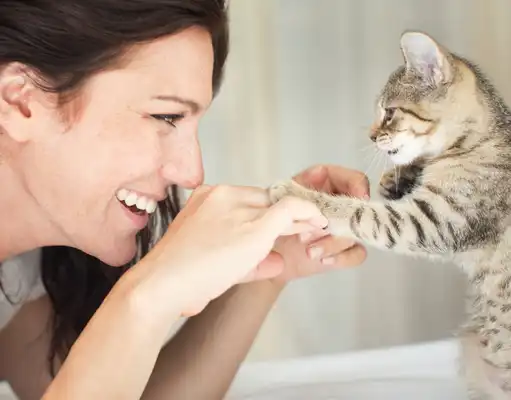 |
 |
 |
Conclusion
Discontinuing GS 441524 treatment prematurely can have serious consequences for cats with FIP, including increased relapse rates and the potential development of drug resistance. It's crucial to commit to completing the full recommended course of treatment to give your feline companion the best chance at a full recovery. By understanding the risks, monitoring progress closely, and implementing strategies to overcome challenges, you can help ensure your cat receives the maximum benefit from this innovative therapy.
FAQ
While it's possible to restart treatment, the effectiveness may be reduced due to potential drug resistance. Consult your veterinarian immediately if you notice any signs of relapse, as prompt intervention is crucial.
Generally, it's not recommended to stop treatment early, even if symptoms improve. Your veterinarian will use a combination of clinical signs, blood work, and other diagnostic tests to determine when it's safe to conclude treatment.
Discuss your financial concerns with your veterinarian. They may be able to suggest alternative payment plans, lower-cost sources for the medication, or direct you to organizations that provide financial assistance for FIP treatment.
Choose BLOOM TECH for Reliable GS-441524 Supply
In order to effectively treat feline infectious peritonitis (FIP), it is essential that cats on GS-441524 complete the whole course of medication. For the best possible therapy for your feline patients, be sure to use our consistently made, high-quality GS-441524, which we provide as a leading GS-441524 supplier. Our dependable supply chain and affordable GS-441524 price allow you to concentrate on delivering top-notch care without being concerned about disruptions to treatment. When it comes to combating FIP and providing healthy living opportunities for cats, BLOOM TECH is your trusted partner. For inquiries about our GS-441524 products or to place an order, please contact us at Sales@bloomtechz.com.
References
1. Pedersen, N. C., et al. (2019). Efficacy and safety of the nucleoside analog GS-441524 for treatment of cats with naturally occurring feline infectious peritonitis. Journal of Feline Medicine and Surgery, 21(4), 271-281.
2. Murphy, B. G., et al. (2020). Treatment of cats with feline infectious peritonitis with GS-441524. Animals, 10(2), 256.
3. Dickinson, P. J., et al. (2020). Antiviral treatment of cats with naturally occurring feline infectious peritonitis using the adenosine nucleoside analogue GS-441524. Journal of Veterinary Internal Medicine, 34(3), 1287-1295.
4. Addie, D. D., et al. (2020). Feline infectious peritonitis. ABCD guidelines on prevention and management. Journal of Feline Medicine and Surgery, 22(11), 1028-1050.
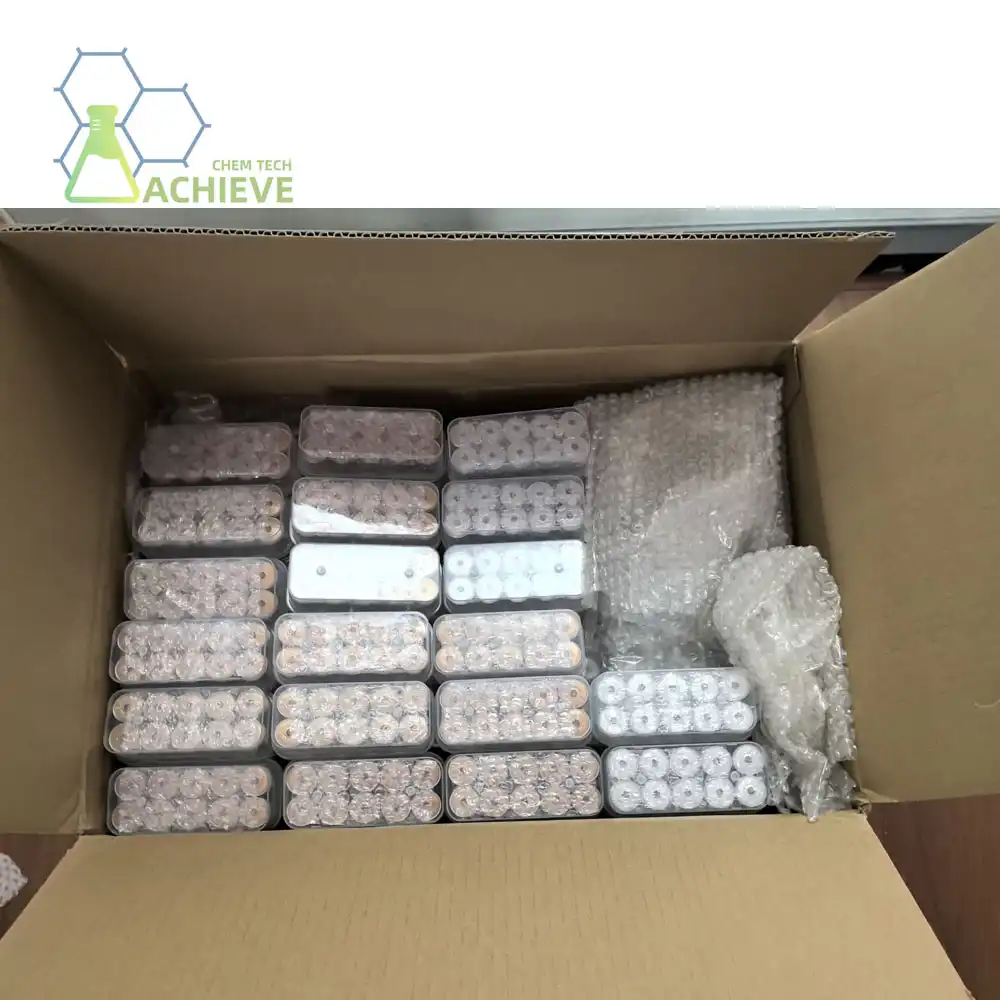



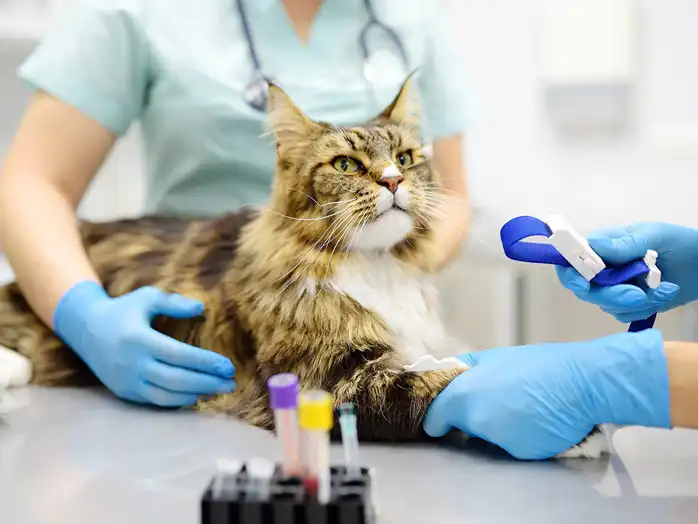
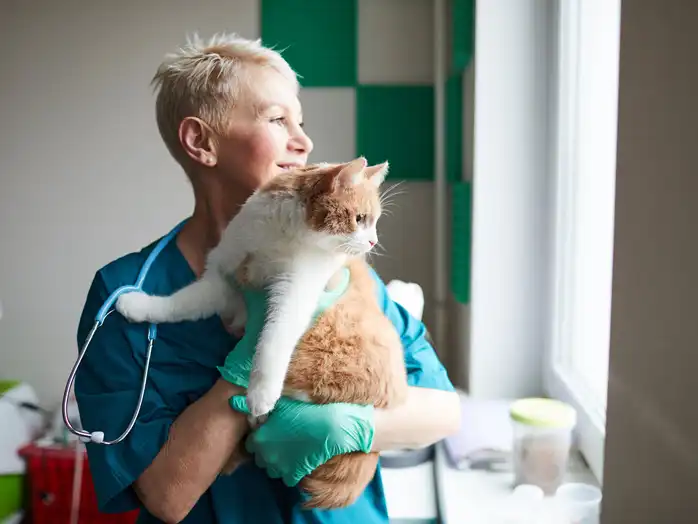






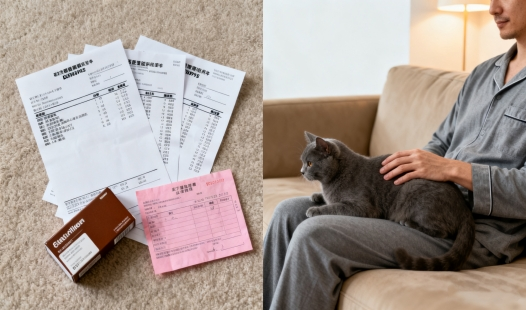
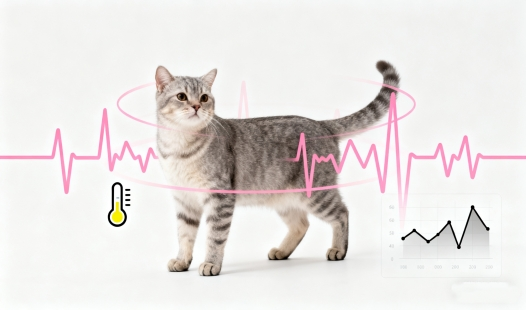
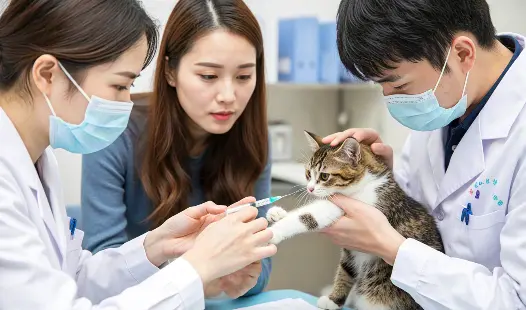

_副本_1760931996981.webp)
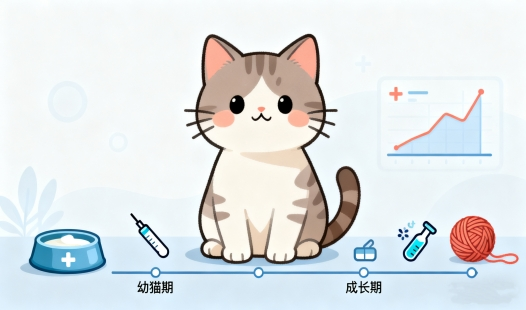
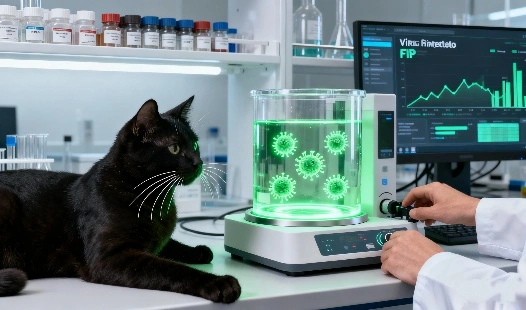
_副本_1761878473339.webp)
_副本_1760665909595.webp)
